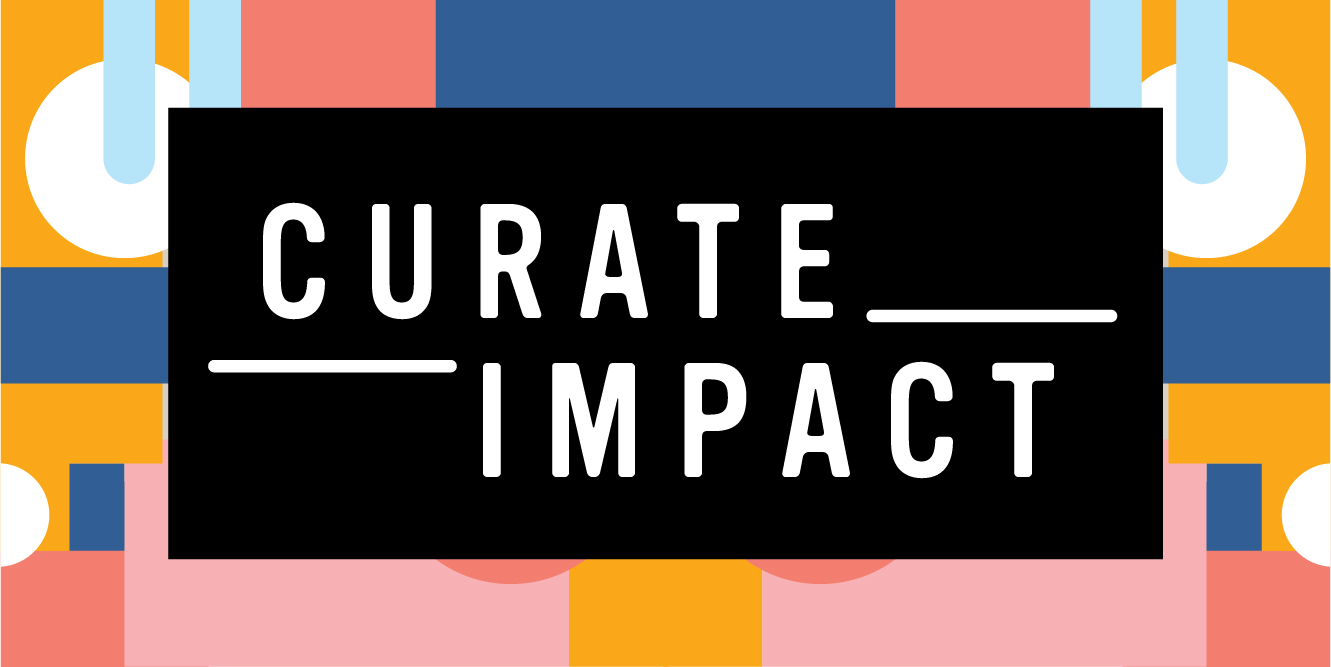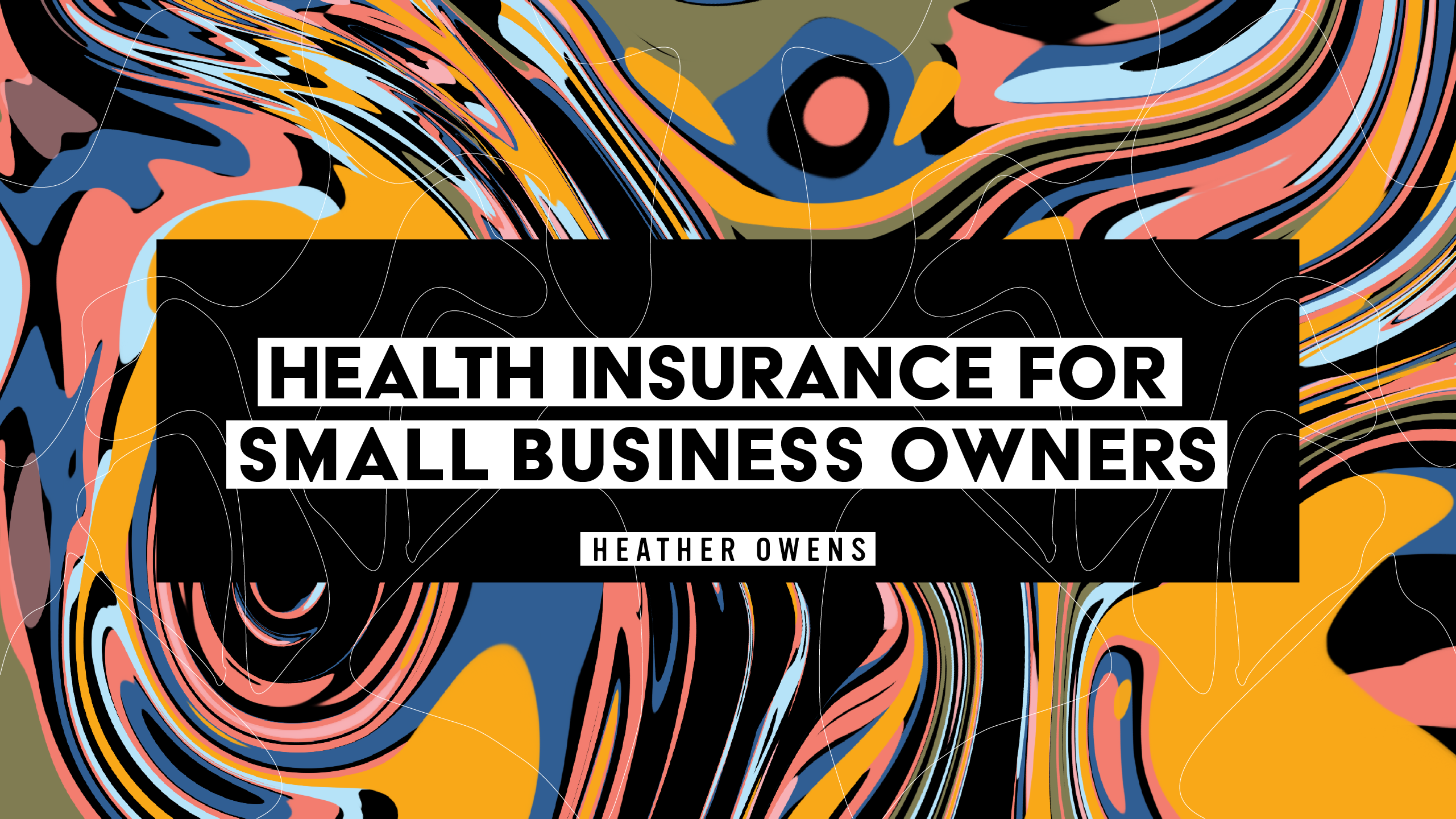This blog was originally shared on April 1, 2024. With the relaunch of our website (www.curateimpact.co), we are reposting our blogs on the new website and on LinkedIn.
One of the reasons I started Curate Impact is because I want to be able to offer high quality, discounted health insurance to community members.
There. I said it. I’ve been keeping this to myself because it feels at least three to five years in the future, and I don’t want to over promise and not be able to deliver to the community. In order for me to deliver on this, I need to grow the Curate Impact community to a size that is big enough to qualify for group insurance rates by state.
Let’s be honest, health insurance in America is hard. It shouldn’t be the thing that encourages or discourages individuals from seeking care. It shouldn’t have the ability to financially and physically destroy lives. It shouldn’t be the factor that limits one’s ability to start their own business. It isn’t equitable.
I was able to start full-time freelancing because I had the privilege of going on my husband’s health insurance policy. I didn’t need to worry about choosing between an insurance plan that I could afford, but wouldn’t provide much support or protection or an extremely expensive plan that wouldn’t bankrupt me in case of serious illness. I also wasn’t responsible for ensuring my husband and son had insurance. In other words, we won the insurance lottery.
Once my freelancing demonstrated viability and was bringing in consistent income, I was required, to procure my own primary insurance. Shopping for private insurance is quite a journey.
I want to equalize the health insurance availability factor. One day, I want to be able to talk to an aspiring freelancer and share viable, high quality group insurance options within the Curate Impact community.
Until then, here are health insurance options for small business owners.
- Marketplace Insurance: You can purchase health insurance through the Health Insurance Marketplace created by the Affordable Care Act (ACA). Depending on your income, you may qualify for subsidies or tax credits to help offset the cost.
- Medicaid: If your income is below a certain level, you might qualify for Medicaid, which is a state and federal program providing health coverage to eligible individuals.
- Professional Associations: Some professional groups and associations offer health insurance plans to their members. These can sometimes be more affordable than individual plans due to the larger group pooling risk.
- COBRA: If you've recently left a job, you might be eligible to continue your employer's coverage for a limited time under the Consolidated Omnibus Budget Reconciliation Act (COBRA), though this is often a costly option.
- Health Sharing Plans: These are not insurance, but rather cooperatives where members share medical expenses. They can be more affordable but also might offer less comprehensive coverage.
- Short-Term Health Insurance: These plans can provide temporary coverage, but they often have limited benefits and do not cover pre-existing conditions.
- Spouse or Domestic Partner's Plan: If you have a spouse or domestic partner with insurance, you may be able to be added to their plan.
- Parents' Plan: If you're under 26, you might be able to stay on or be added to your parents' health insurance plan.
- Direct Primary Care (DPC): Some freelancers opt for a DPC model, where they pay a flat monthly fee for access to a primary care physician without traditional insurance.
- Health Savings Account (HSA): If you choose a high-deductible health plan, you can also contribute to an HSA, which can help save for medical expenses and reduce your taxable income.
- Part-Time Job: Some freelancers take on part-time work that offers health benefits.
- Chamber of Commerce: Local chambers of commerce sometimes offer group insurance options for small business owners and freelancers.
- Freelancer's Union: Organizations like the Freelancer's Union offer resources for freelancers, including access to health insurance options.
It's important to compare the costs, coverage, and network of providers for each option to find the best fit for your healthcare needs and financial situation. Remember to consider factors like premiums, deductibles, out-of-pocket maximums, and covered services when evaluating health insurance plans.
In the meantime, join Curate Impact so our community continues to grow and we can be one person closer to being able to explore offering high-quality, discounted health insurance!
Meet the Author: Heather Owens is the Founder of Curate Impact. In addition to aspiring to connect people with one another, with resources, and with opportunities, she provides direct operational support to social and environmental impact executives and companies. In her free time, she helps Baltimoreans organize their homes.
Connect with Heather: Reach out via email for inquiries related to direct operational support or organizing support. Follow Curate Impact on Instagram and reach out via email with any questions you may have.
A community of freelancers and small business owners built for impact.Curate Impact
Join the Slack Community!


